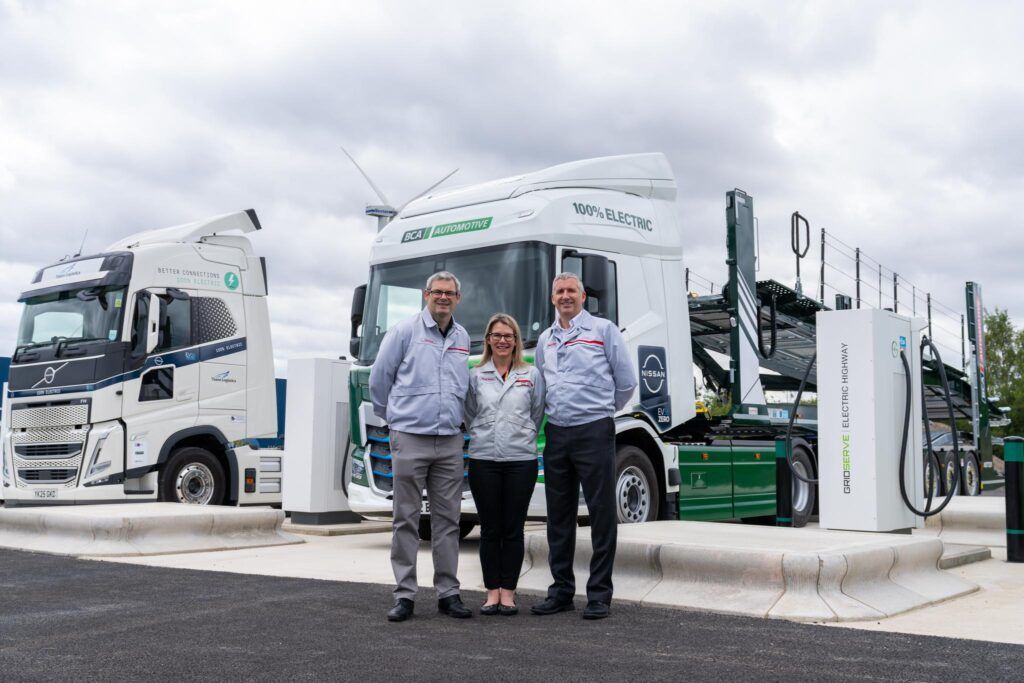The UK battery strategy has been sets out by the government as part of its vision for the UK to achieve a globally competitive battery supply chain by 2030, which was broadly welcomed by the sector.
The document, which can be viewed here, outlines the government’s plan in detail, including its plan for what it calls a ‘design-build-sustain’ approach.
This approach will see support to design and develop batteries for the future which are smaller, lighter and better capacity and value. The strategy will also see closer working with the domestic industry and international partners on a ‘resilient’ UK battery manufacturing supply chain.
In addition, it aims to enable the development of a “thriving and sustainable (battery) sector”, supported by proportionate regulations that drive investment across the supply chain, from raw materials through to end of life and recycling, the government said.
The strategy also sets out the areas of emerging growth, building on the UK’s “comparative advantage'” it said, and its ‘thriving auto industry’.
A 15-point strategy including targeted support for manufacturing, research and innovation centres, the UK Battery Industrialisation Centre development facilities, the Advanced Materials Battery Industrialisation Centre, the battery supply chain, trade of critical materials, and also the development of practical, widely-adopted international standards for the sector.
Quentin Willson, Founder of FairCharge, said the strategy was “undoubtedly good news”, especially in light of the delay in ICE sales being banned from 2030 to 2035.
He said “Global investors and industry need to see consistency on battery and supply chain policy. But China, the U.S. and Europe are powering ahead with battery investment, so the sums involved in the U.K. are rather small.
“The Conservatives know that Labour has a carefully crafted battery and EV plan so this is also very much of a defensive reaction. It is though good news for the EV, battery and renewables sector. This is exactly the sort of future battery strategy and EV vision that Fully Charged and FairCharge have been the asking for the last two years.”
Jeremy Wrathall, CEO, Cornish Lithium described the document as “a major step forward” for the UK battery and associated Critical Minerals strategy.
He said: “It clearly identifies the opportunities to be had by becoming a world leader in this vital rapidly developing area of industry and manufacturing. The document also recognises the peril that awaits the UK if we ignore this opportunity – given the implications for the economy and for defence.”
Julia Poliscanova, Senior Director at Transport & Environment said: “To have a successful green industry the UK needs to also look further mid & upstream to onshore more sustainable processing of critical minerals like copper and lithium.
“But above all, the UK and the rest of Europe must join forces and form a strategic battery alliance to compete in a fierce global clean tech race.”
Jonathan Carrier, CEO/Cofounder of Allye said: “We also believe that the UK start-up ecosystem, which Allye Energy is a part of, should receive more support, sooner. Given the economic outlook, it is much harder to raise investment for early-stage start-ups. If we don’t fund early on, there won’t be the start-ups to support as they scale, which the report outlines. The UK government’s wish to identify new funding mechanisms for start-ups will come as too little too late when those companies need support now.”
Ben Nelmes, CEO of New Automotive, added: “Making batteries in Britain is key to reducing the cost of electric vehicles and getting to net zero. The government’s battery strategy is a good first step, but it fails to match the scale of the money being spent by international competitors or the strength of the regulation being introduced in Europe or North America.”
Richard Taylor, Founder of Green Lithium, said: “It’s a positive step forward in the right direction, and the government deserves recognition for listening to the industry and providing support to scale up different sections of the battery supply chain in the UK such as the Green Lithium refinery. We are grateful for the government’s assistance and support in ensuring the growth and development of this vital supply chain for the energy transition.”
Matthew Adams, Transport Policy Manager, REA, said: “The Government’s ‘Design, Build, Sustain’ methodology is comprehensive and goes some way to addressing many concerns raised around supply chain shortages and access to critical minerals and refinement as well as equipment shortages.
“There is also significant work underway to address concerns regarding energy demand and cost and planning, two areas of significant concern not just to the battery manufacturing sector but the wider EV sector too.”















